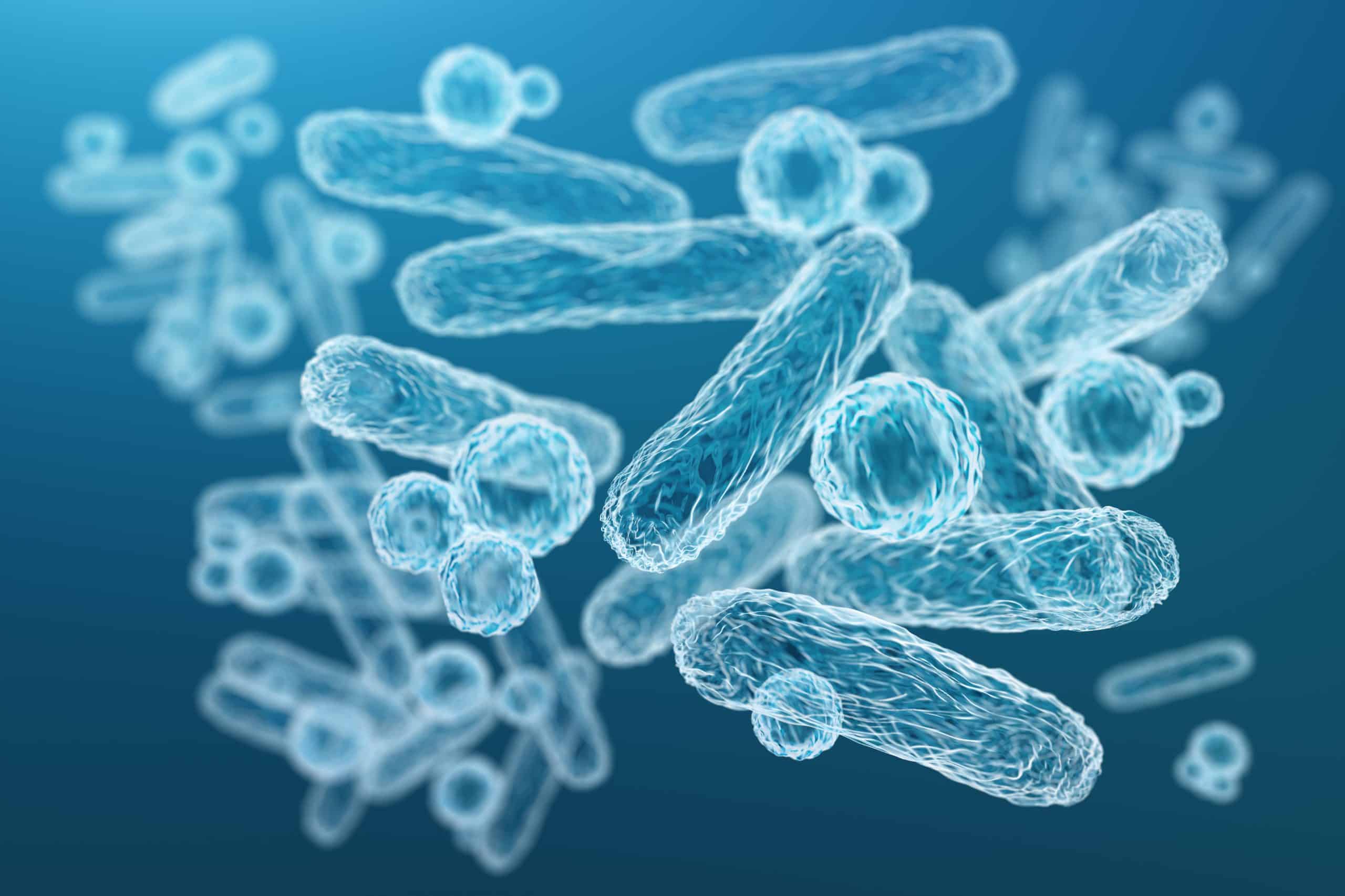Summary of Warning Signs You Have LEAKY GUT & How To Fix It To PREVENT Disease | Dr. Mark Hyman:
*Let’s talk about some of the warning signs that you may have a leaky gut. One of the most common symptoms is chronic gut issues such as irritable bowel syndrome, diarrhea, constipation, bloating, and inflammatory bowel disease. These are all signs that your gut is not functioning optimally and may be experiencing increased permeability or “leakiness.” Skin issues like eczema, acne, and psoriasis can also be indicative of a leaky gut.
It’s important to recognize that leaky gut is not just a standalone condition but rather a root cause of many other diseases and health issues. Conditions such as diabetes, obesity, heart disease, cancer, autoimmune disease, asthma, depression, autism, and attention deficit disorder have all been linked to a compromised gut and increased intestinal permeability.
To understand what leaky gut is, we need to have a basic understanding of how the gut works. The gut is not just responsible for digestion; it is also home to a massive amount of your immune system. About 70 to 80% of your immune system resides in the gut. Additionally, the gut contains the enteric nervous system, often referred to as the second brain, which regulates mood, digestion, and sleep.
The lining of the intestine is made up of a single cell layer that acts as a barrier between the contents of the gut and the bloodstream. This single-cell lining, which is about the size of a tennis court, is responsible for allowing the nutrients from your food to pass through while keeping out toxins, bacteria, and undigested food particles.
When the lining of the gut becomes damaged, a condition known as increased intestinal permeability or leaky gut occurs. The tight junctions between the cells that form the intestinal lining start to loosen, allowing bacteria, toxins, and food particles to leak through and come into contact with the immune system. This triggers an immune response, leading to inflammation and a cascade of health problems.
Inflammation is a key driver of many chronic diseases and the aging process itself. Therefore, it’s crucial to address leaky gut as a way to prevent or manage these health conditions effectively. Think of the gut lining as a coffee filter. It lets in the right stuff (nutrients) while keeping out the bad stuff (toxins and bacteria). However, when these tight junctions loosen, the coffee filter becomes faulty, allowing unwanted substances to enter the bloodstream and triggering an immune response.
So, what are some of the factors that cause a leaky gut? Our diet is a significant contributor. A highly processed diet that is low in fiber and high in inflammatory foods can damage the lining of the gut. Processed foods often contain additives like microbial transglutaminase, which is similar to the gluten component implicated in celiac disease. These additives can further disrupt the gut lining and contribute to leakiness.
Antibiotics and certain medications such as Advil, steroids, and acid-blocking drugs can also disrupt the gut microbiome and lead to changes that increase intestinal permeability. Environmental toxins, including petrochemical toxins, pesticides, plastics, and heavy metals, can also damage the gut lining. Glyphosate, an herbicide commonly used in agriculture, has been shown to be particularly harmful to the microbiome and can contribute to leaky gut.
Lastly, gluten is a known driver of leaky gut. It activates the production of a protein called zonulin, which interrupts the tight junctions between gut cells and exacerbates intestinal permeability. Gluten has been implicated in many autoimmune and inflammatory diseases, further substantiating the connection between leaky gut and overall health.
To prevent or heal a leaky gut, it’s crucial to address the root causes. Adopting a nutrient-dense, whole foods diet that is high in fiber and low in inflammatory ingredients can be a powerful first step. Eliminating or reducing gluten, processed foods, and environmental toxins from your diet and lifestyle is also beneficial. Balancing gut flora with the help of probiotics and fermented foods can aid in healing the gut lining.
Additionally, it’s important to manage stress, as chronic stress can negatively impact gut health. Prioritize sleep, exercise regularly, and incorporate stress-reducing practices such as meditation and deep breathing into your daily routine. These lifestyle factors play a significant role in maintaining a healthy gut and preventing leaky gut.
If you suspect that you may have a leaky gut or are experiencing any of the symptoms mentioned, it’s advisable to seek guidance from a healthcare professional who specializes in gut health and functional medicine. They can help assess, diagnose, and create a personalized plan to heal your gut and manage any underlying health conditions. Remember, a healthy gut is the foundation for overall well-being and is crucial for preventing disease and promoting optimal health.


